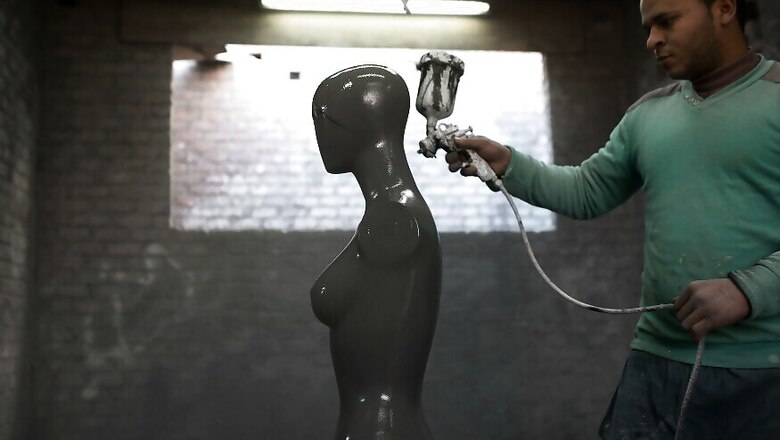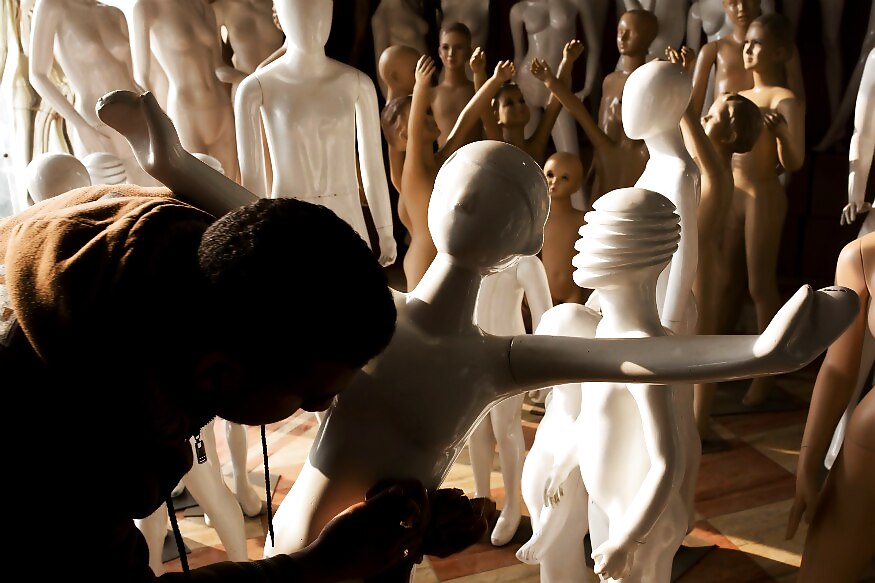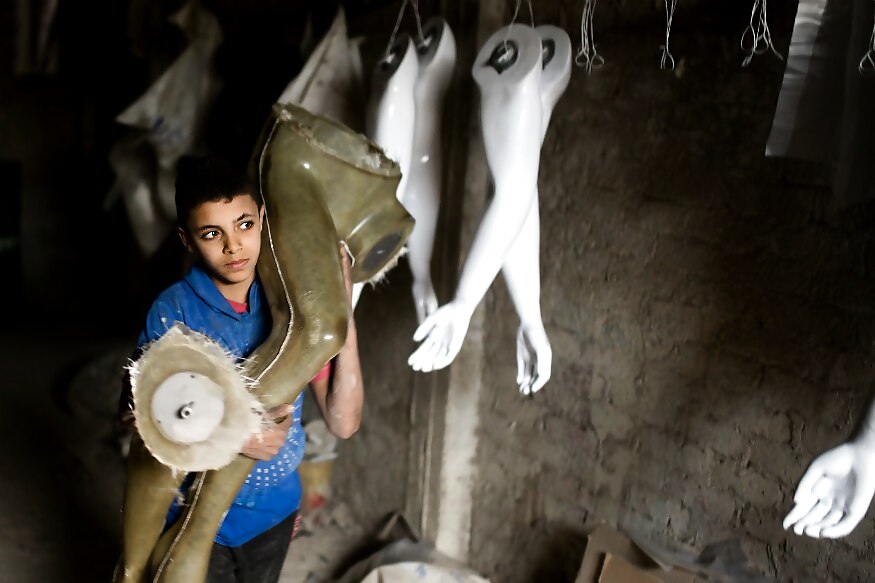
views
There is an unlikely industry thriving in a village north of Cairo: The making of mannequins.
The use of mannequins in Egypt dates back to the early years of the last century, when Jewish-owned department stores imported them to display Western attire sold to expatriates and wealthy Egyptians.
Soon afterward, Egyptians took up the manufacturing of mannequins. The industry's birthplace was Cairo, and 85-year-old Hosni Faris is recognized as a local pioneer. It later moved to the village of al-Kharqaniyah, where nearly 15 workshops produce them, employing dozens of workers.

Faris distinguished his workmanship by his knack for coloring the mannequins' faces to make them seem lifelike, but he will more likely be remembered for making light mannequins with a mix of linen and gypsum.
"The mix I improvised was a good omen for me and those working with me," he told The Associated Press. "It earned us fame in Egypt and a few clients in Europe."
His client base had briefly broadened before the advent of computer-generated images and cutting-edge cinematic tricks, with Egyptian movie directors placing orders for "stunt" mannequins made to look like film stars.

Now the industry earns its skilled workers a weekly wage between $16 and $45, a decent income by Egyptian standards.
"At this place, everyone learned the trade," said Faris at his workshop. "But, sadly, they are in a hurry and leave me to start their own business too soon."
Brothers Mohammed and Osama al-Shibiny are among the leading mannequin manufacturers in the village, whose products are exported to neighboring countries like Sudan and Libya. They both acknowledge that imported mannequins are of superior quality, but insist that local brands live longer.














Comments
0 comment